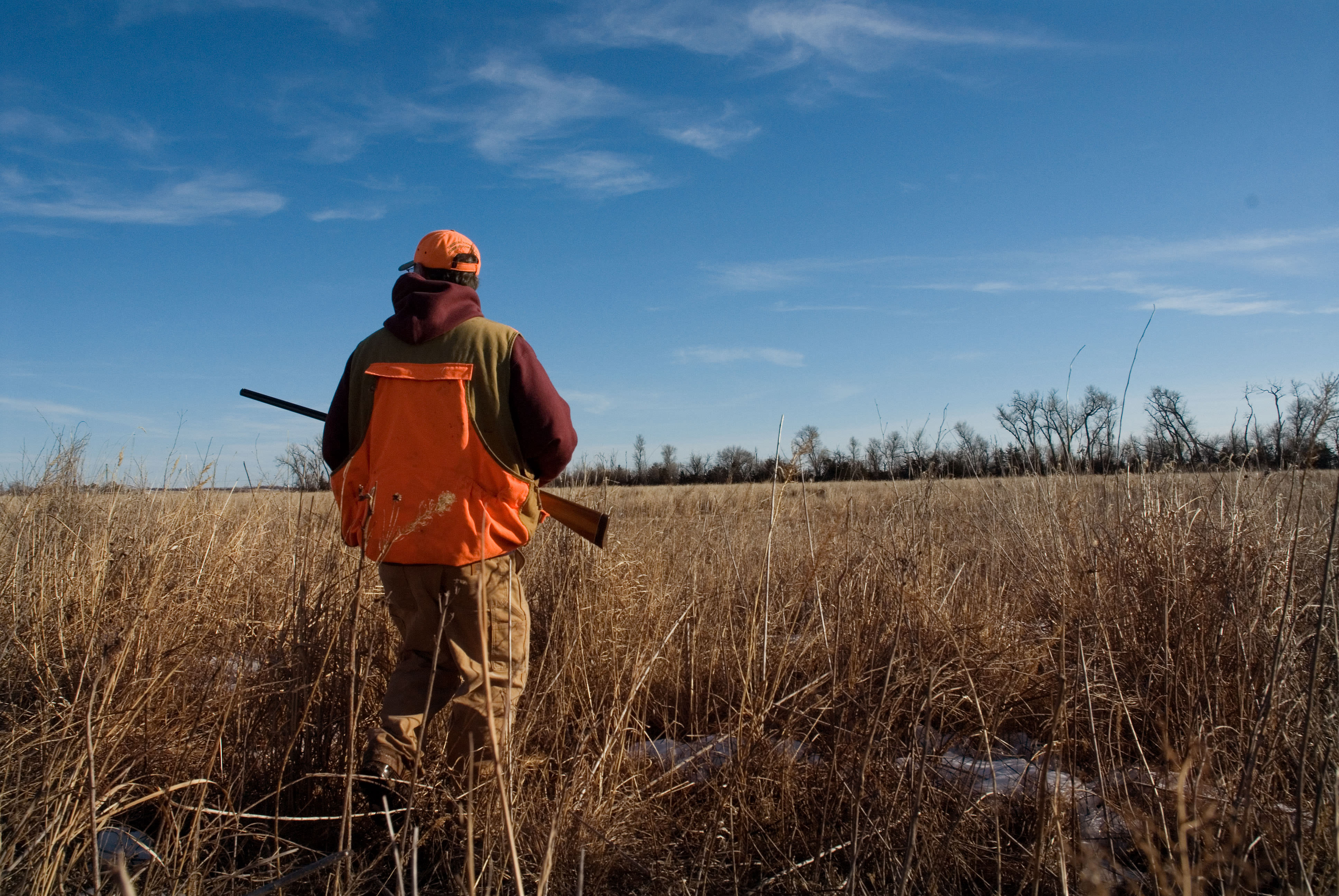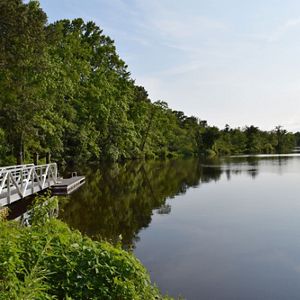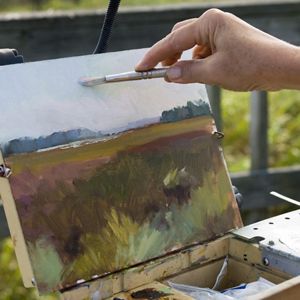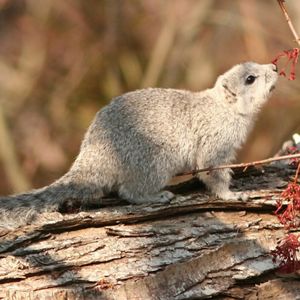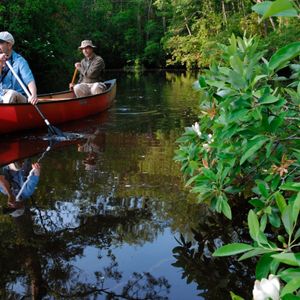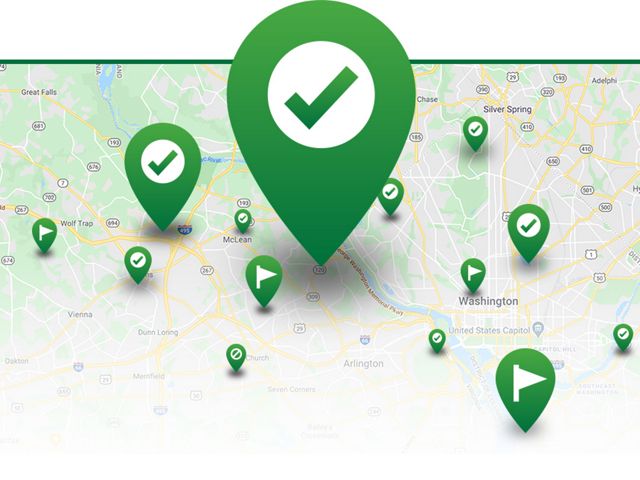Soon after acquiring the Ponders Tract, TNC began an ambitious and aggressive restoration effort to reclaim coastal hardwood forests that once covered much of the site. Utilizing a mix of state-of-the-art timber thinning, old-fashioned manual labor and controlled burns, TNC has transformed 240 acres of loblolly pine plantation into a native coastal forest of oak, hickory, tulip poplar, sassafras, red maple and other hardwoods. In 2017, we conducted the first prescribed burn in the chapter's history on 110 acres of the preserve.
Science-based decision-making guides our forest restoration. Through carefully planned forest thinning and prescribed fire, we can restore a more natural mixed hardwood forest at the site of this former pine plantation. When loblolly pine trees are thinned out and removed from the forest to be sold as sustainably harvested timber, sunlight is able to reach the forest floor for the first time in many years. The return of sunlight allows native shrubs, grasses and flowers to flourish again. Native insects follow shortly thereafter, which means more available food for birds and other wildlife.
Controlled burning, also known as prescribed fire, encourages the growth of native vegetation, increases biodiversity, minimizes the spread of invasive species and recycles nutrients back into the soil. In 2023, after thinning and burning, Delaware Stewardship Manager Natasha Whetzel observed five rare orchids blooming in places where she had never seen them growing previously. State biologists visit Ponders Tract to look for rare plant and insect species in the high-quality habitat that is reemerging thanks to our long-term restoration efforts.
In other parts of the tract, TNC transformed former logging roads into more than nine miles of public trails, opening for public access in 2010. Accomplishments at the Ponders Tract Trail System are largely due to volunteers, who put in an enormous amount of time planting trees, building the kiosk, clearing trails, constructing and installing benches, putting up trail and interpretive signs and monitoring conditions.
CRITICAL HABITAT: WHAT’S AT STAKE
The Ponders Tract serves as a crucial stopover for neo-tropical birds such as the black-and-white warbler and ovenbird. The Tract also contains small wetlands and vernal ponds that harbor reptile and amphibian species including Fowler’s toad, southern leopard frog and the gray tree frog. Stands of Atlantic white cedar emerge from rivers and streams that eventually flow into the Delaware Bay. Hessel’s hairstreak, a rare and threatened butterfly, has been observed in this portion of the preserve, and the endangered Delmarva fox squirrel has been documented nearby.
OUR PARTNERS
USDA Forests Service Forest Legacy Program, State of Delaware, Sussex County Land Trust, Delaware Landowner Incentive Program, Vision Forestry, Boy Scouts of America and the many volunteers who have helped to restore lands and provide trail side amenities.
TRAIL SYSTEM IMPROVEMENTS DONORS
- Bank of America
- Delaware Community Foundation
- Delaware River & Bay Authority
- DuPont Clear into the Future
- Mary Pat Meyer
- Brett Snyder and Anna Quisel



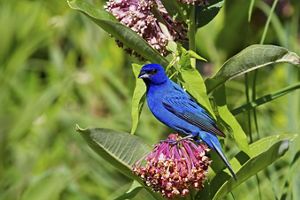

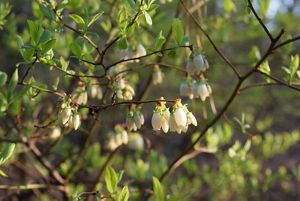

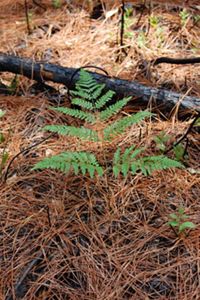

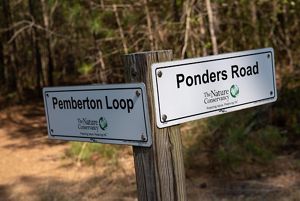
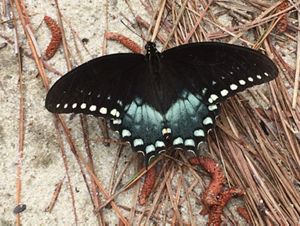
_Robert_Merhaut_4000x2200.jpg)
